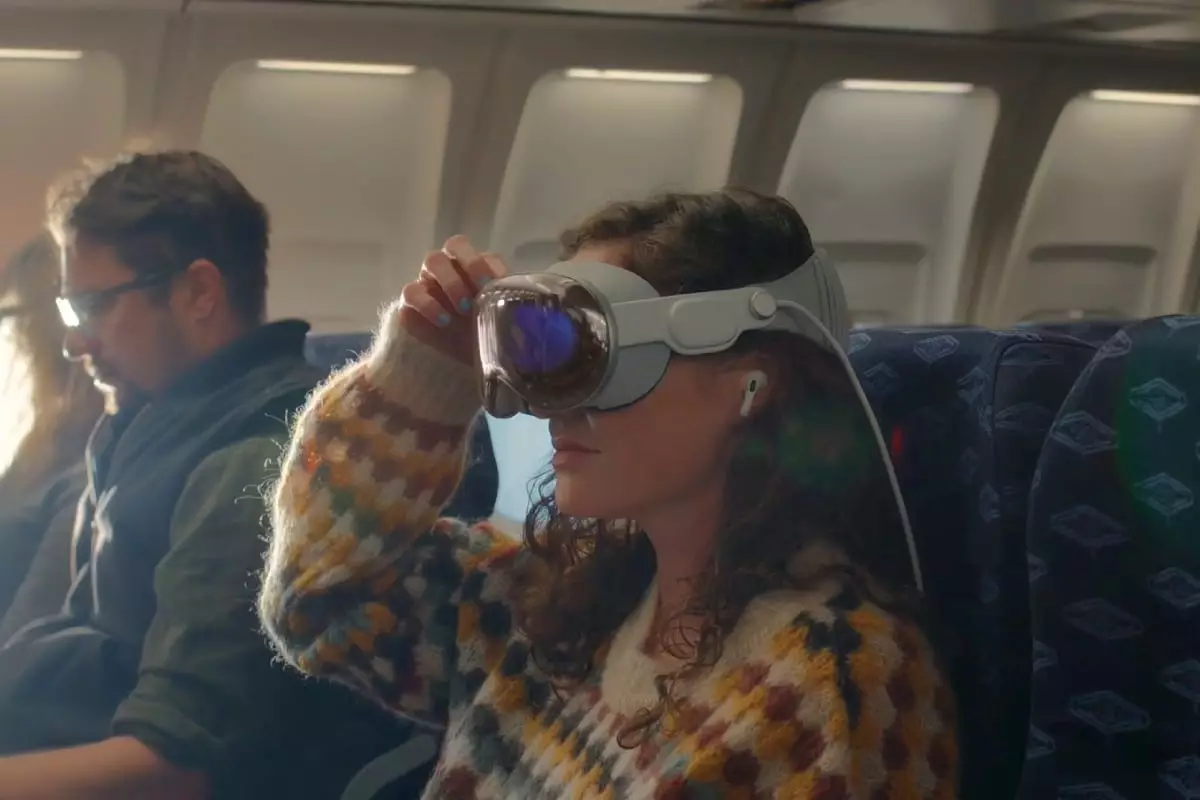In a significant shift regarding its augmented reality (AR) product strategy, Apple has reportedly halted the development of a new pair of AR smart glasses. These glasses were anticipated to enhance the user experience alongside the company’s Mac computers but have now been shelved indefinitely. This decision follows the launch of the Apple Vision Pro, Apple’s inaugural mixed reality headset, which debuted in the US last year. While the Vision Pro was positioned as a pioneering entry into spatial computing, it appears that Apple may now concentrate its efforts solely on this device.
The Apple Vision Pro was introduced with high expectations, heralding a new chapter in wearable technology. As Apple’s first foray into the realm of AR and virtual reality (VR), Vision Pro has made a splash with its hefty price tag of $3,499, highlighting its premium status. Designed to function independently with its processor, the Vision Pro sets itself apart from many competing devices in the market. Nevertheless, its bulkiness and complexity may contribute to its limited appeal among everyday consumers, leading to questions about its long-term viability as a mainstream product.
Internally codenamed N107, the now-canceled AR glasses were envisioned to be a revolutionary product within Apple’s ecosystem. Intended to be compatible with Mac computers, these glasses were meant to offer a sleeker alternative to the cumbersome Vision Pro. Reports indicate that initial attempts to develop a version compatible with the iPhone faltered due to constraints related to processing power and battery life. This inability to streamline the product led Apple to pivot away from a more flexible design to focus on a heavier-duty headset instead.
The decision to discontinue these glasses leaves room for competitors like Snap and Meta to dominate the AR space. Both companies have actively showcased their prototypes, emphasizing innovations that could alter user engagement with the real world. Meta’s upcoming product, dubbed Orion, is poised for release as early as 2027, while Snap is still in the development stage without a definitive launch timeline. This competitive pressure prompts speculation on how Apple’s focus on the Vision Pro could affect its market presence and innovation cycle in the wearables sector.
As it stands, Apple’s plans for future AR offerings remain ambiguous. The company might introduce further iterations of the Vision Pro, but the pathway toward simpler AR glasses has become uncertain. Apple is notoriously secretive about its development processes, and any future product announcements may not occur until the company has tangible solutions to present. As the landscape of augmented reality continues to evolve, how Apple will position itself without a dedicated AR device remains to be seen. Ultimately, the discontinuation of the AR glasses project could signal a more cautious approach towards broader market trends and consumer adoption in the ever-shifting technological environment.


Leave a Reply